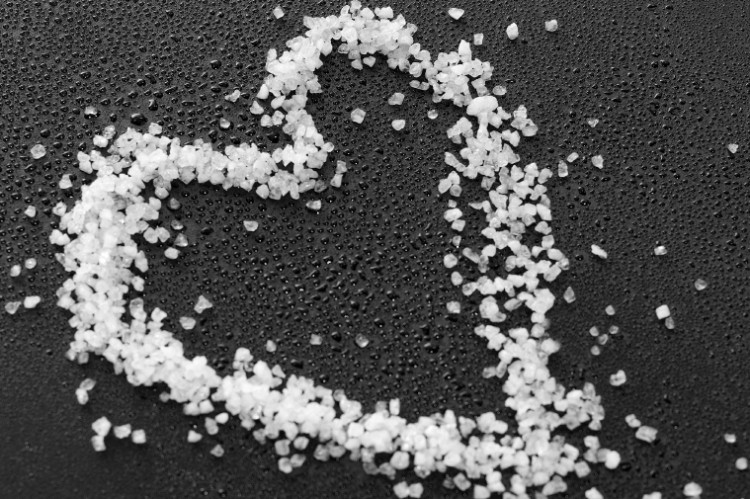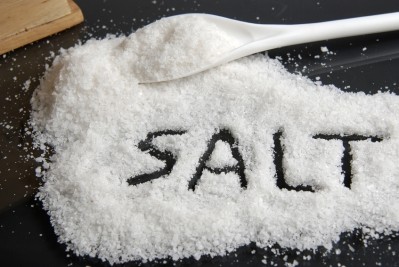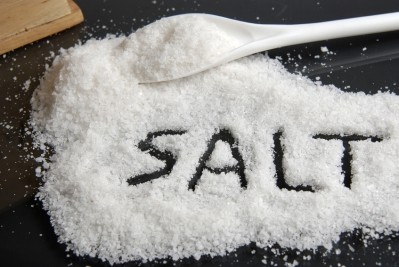Is population-wide salt reduction necessary?

The short answer is yes. Some people are more sensitive to salt, including certain ethnic groups, older people, and other groups with a high incidence of hypertension. Salt restriction is important for those with heart conditions, certain types of kidney and liver disease, as well as those with high blood pressure or at risk of high blood pressure. But for others, strict salt restriction may be less important.
That said, most people consume far more than the 5 g per day recommended by the World Health Organisation – an average of 8 to 12 g in Europe – and the WHO says reducing intake to 5 g per day is good advice for everyone.
One of the main arguments for population-wide salt reduction is that the link between reduced salt intake and reduced blood pressure is well established – through population-based studies like the Intersalt study – and high blood pressure is a major risk factor for heart disease and stroke.
On the other side of the debate, some argue that just because A leads to B and B leads to C, that doesn’t necessarily mean that A (high salt intake) leads to C (higher risk of heart disease and stroke).
But while it’s easy to test for whether someone has high blood pressure, it’s not always easy to pinpoint whether someone is at risk of high blood pressure, so policymakers have tended to take a precautionary approach and have recommended reduced salt intake for the entire population.
Potential harm?
Purely from a health perspective, this wouldn’t matter if there were no potential downsides to population-wide salt reduction, but there are scientists who suggest there could be.
In particular, a major review of 167 randomised controlled trials published in the Cochrane Library and the American Journal of Hypertension in 2011 challenged the current status quo on salt reduction policy. The Danish researchers found that although cutting sodium consumption did decrease blood pressure, it also tended to increase levels of hormones, cholesterol and triglycerides, which are all thought to be risk factors for heart disease too.
Lead author Dr Niels Graudal, senior consultant in internal medicine and rheumatology at Copenhagen University Hospital, said at the time: "In my opinion, people should generally not worry about their salt intake.”
The researchers called for long-term trials and more studies to work out if the benefits of salt reduction outweighed potential harms.
‘No signal on clinical events’
However, responding to the review, Dr Larry Appel, director of the Welch Center for Prevention, Epidemiology and Clinical Research at Johns Hopkins Medical Institutions, said that it was hard to reconcile existing data with the idea that salt reduction might be harmful.
“Importantly – there is NO signal from sodium reduction trials on clinical events,” he said via email.
Additionally, there is some evidence that population-wide salt reduction may be associated with lower incidence of heart disease and stroke.
In Finland, where a salt reduction campaign began in the 1970s, average consumption of salt fell by about a third over 30 years, to about 7 g a day for women and 8.3 g a day for men. According to a 2006 study published in Progress in Cardiovascular Diseases, during the same time period, average blood pressure (both systolic and diastolic) fell by more than 10–mm Hg, and there was a 75% to 80% decrease in both stroke and coronary heart disease mortality in Finland.
Dr Appel commented: “I can’t attribute all of the benefit to sodium reduction, but again it is hard to believe that there would be a net benefit from the intervention if indeed sodium reduction were harmful.”
The bottom line?
The suitability of population-wide salt reduction policy continues to attract strong debate among academics, but for those with hypertension, heart disease and many other conditions, cutting salt continues to be a first step in controlling blood pressure.
For everyone else, for now at least, the old advice remains: Moderation in all things – including salt.
























